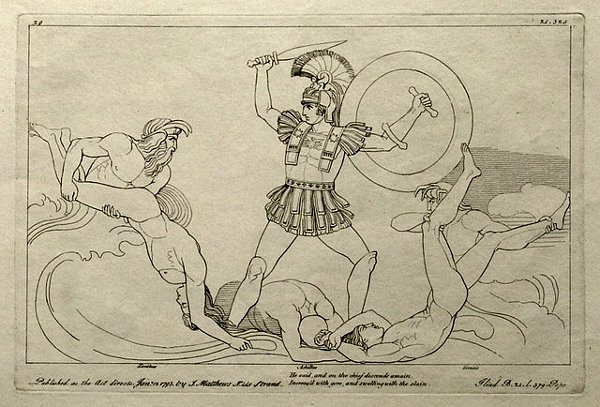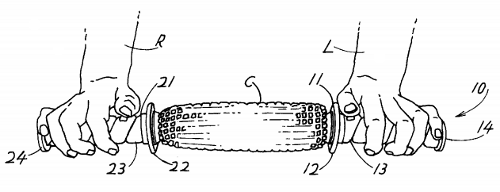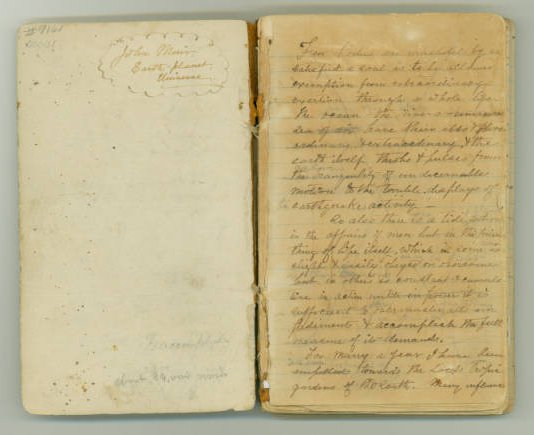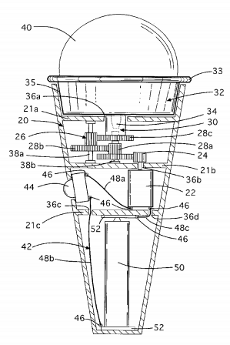It was British wordplay expert Leigh Mercer who coined the classic palindrome “A man, a plan, a canal — Panama” in Notes & Queries on Nov. 13, 1948. He later said that he’d had the middle portion, PLAN A CANAL P, for a year before he saw that PANAMA fit.
Mercer published 100 palindromes in N&Q between 1946 and 1953 — a selection:
See, slave, I demonstrate yet arts no medieval sees
Now Ned I am a maiden won
Here so long? No loser, eh?
Trade ye no mere moneyed art
Ban campus motto, “Bottoms up, MacNab”
No dot nor Ottawa “legal age” law at Toronto, Don
Now ere we nine were held idle here, we nine were won
Egad, a base life defiles a bad age
“Reviled did I live,” said I, “as evil I did deliver”
I saw desserts, I’d no lemons, alas, no melon, distressed was I
Sue, dice, do, to decide us
Sir, I demand — I am a maid named Iris
No, set a maple here, help a mate, son
Poor Dan is in a droop
Yawn a more Roman way
Won’t lovers revolt now?
Pull a bat, I hit a ball up
Nurse, I spy gypsies, run!
Stephen, my hat — ah, what a hymn, eh, pets?
Pull up if I pull up
… and the remarkably natural “Evil is a name of a foeman, as I live.”
Mercer didn’t confine himself to palindromes — he also devised this mathematical limerick:

A dozen, a gross, and a score
Plus three times the square root of four
Divided by seven
Plus five times eleven
Is nine squared and not a bit more.






